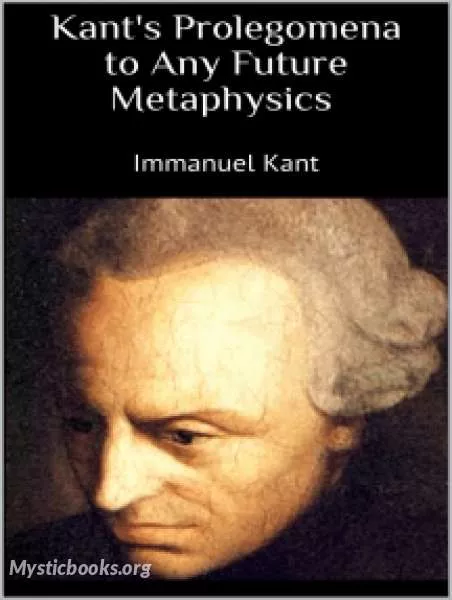
Prolegomena to Any Future Metaphysics
'Prolegomena to Any Future Metaphysics' Summary
Kant declared that the Prolegomena are for the use of both learners and teachers as an heuristic way to discover a science of metaphysics. Unlike other sciences, metaphysics has not yet attained universal and permanent knowledge. There are no standards to distinguish truth from error. Kant asked, "Can metaphysics even be possible?"
David Hume investigated the problem of the origin of the concept of causality. Is the concept of causality truly independent of experience or is it learned from experience? Hume mistakenly attempted to derive the concept of causality from experience. He thought that causality was really based on seeing two objects that were always together in past experience. If causality is not dependent on experience, however, then it may be applied to metaphysical objects, such as an omnipotent God or an immortal soul. Kant claimed to have logically deduced how causality and other pure concepts originate from human understanding itself, not from experiencing the external world.
Unlike the Critique of Pure Reason, which was written in the synthetic style, Kant wrote the Prolegomena using the analytical method. He divided the question regarding the possibility of metaphysics as a science into three parts. In so doing, he investigated the three problems of the possibility of pure mathematics, pure natural science, and metaphysics in general. His result allowed him to determine the bounds of pure reason and to answer the question regarding the possibility of metaphysics as a science.
Book Details
Language
EnglishOriginal Language
GermanPublished In
1783Authors

Immanuel Kant
Prussia
Immanuel Kant was a German philosopher and one of the central Enlightenment thinkers. Kant's comprehensive and systematic works in epistemology, metaphysics, ethics, and aesthetics have made him one o...
Books by Immanuel KantDownload eBooks
Listen/Download Audiobook
- Select Speed
Related books

Bible (KJV) NT 07: 1 Corinthians by King James Version
1 Corinthians is a letter written by the apostle Paul to the Christian community in Corinth, Greece. It addresses a range of issues faced by the early...

Bible (ASV) 23: Isaiah by American Standard Version
The Book of Isaiah is a major prophetic book in the Hebrew Bible, traditionally attributed to the prophet Isaiah, who lived in Jerusalem during the 8t...
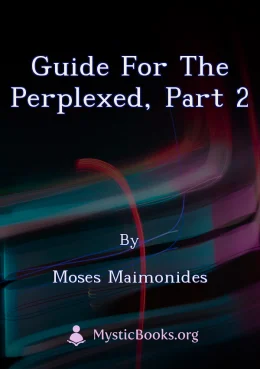
Guide for the Perplexed, Part 2 by Moses Maimonides
The Guide for the Perplexed, a seminal work by Moses Maimonides, is a philosophical treatise aimed at reconciling Jewish religious beliefs with the ph...
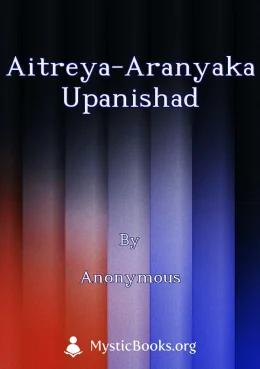
Aitreya-Aranyaka Upanishad by Anonymous
The Aitareya Aranyaka Upanishad is an ancient Hindu scripture that delves into the philosophical and spiritual teachings of the Upanishads. This text,...
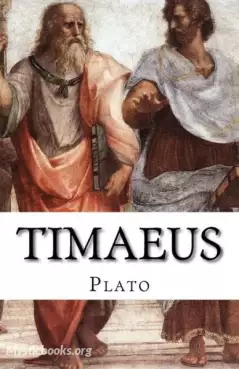
Timaeus by Plato (Πλάτων)
Timaeus is one of Plato's dialogues, mostly in the form of a long monologue given by Critias, written c. 360 BC. The work puts forward speculation on...
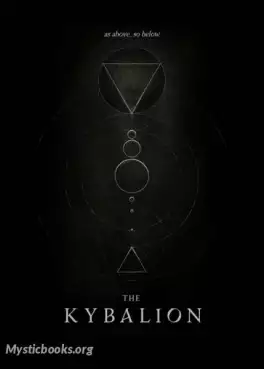
The Kybalion by Three Initiates
The Kybalion is a book originally published in 1908 by "Three Initiates" (often identified as the New Thought pioneer William Walker Atkinson, 1862–19...
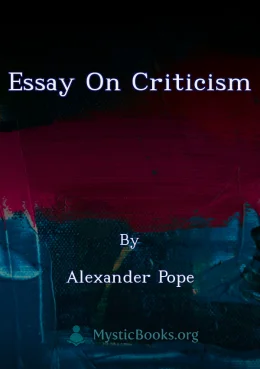
Essay on Criticism by Alexander Pope
An Essay on Criticism is a seminal work by Alexander Pope, published in 1711. It is a treatise on the principles of literary criticism, offering guida...
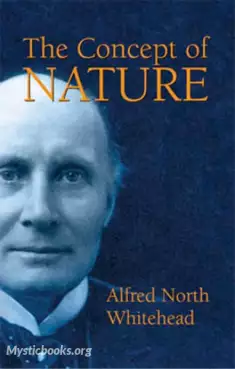
The Concept of Nature by Alfred North Whitehead
In The Concept of Nature, Alfred North Whitehead discusses the interrelatedness of time, space, and human perception. The idea of objects as 'occasion...
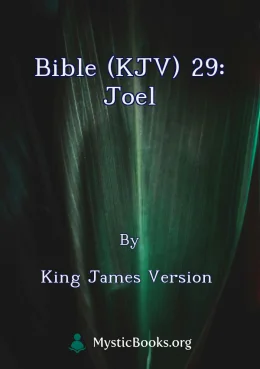
Bible (KJV) 29: Joel by King James Version
The Book of Joel is a prophetic book in the Hebrew Bible, focusing on the imminent judgment of God upon the nation of Israel. It details a devastating...
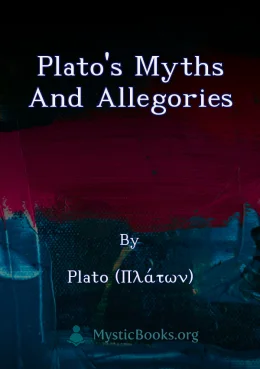
Plato's Myths and Allegories by Plato (Πλάτων)
This book, "Plato's Myths and Allegories," offers a curated collection of Plato's works, specifically focusing on his use of myths and allegories to c...
Reviews for Prolegomena to Any Future Metaphysics
No reviews posted or approved, yet...